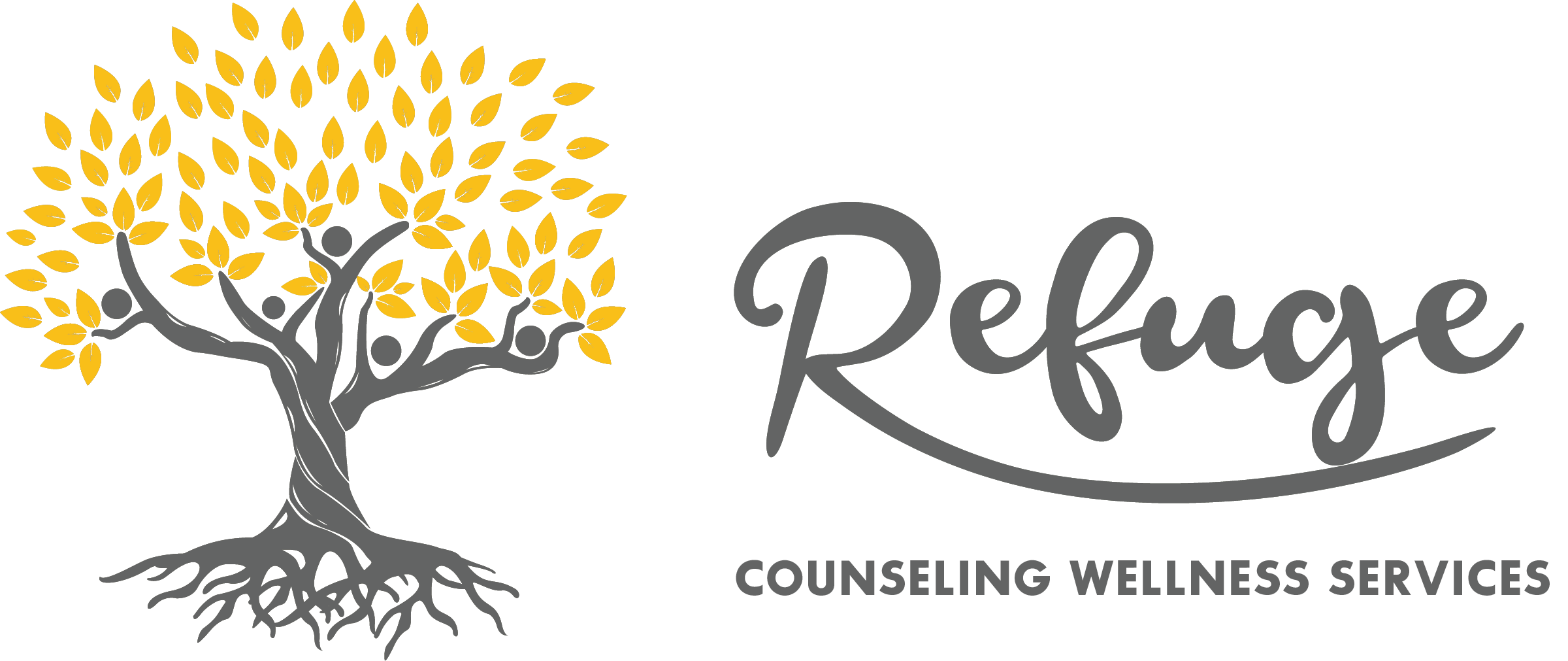This week Gregory Eells, head of counseling and psychological services at University of Pennsylvania, and Jarrid Wilson, a Megachurch Pastor who promoted and advocated for mental health, died by suicide this week. It sparked widespread confusion and concern as to how these two men, with such great influence in their communities, fall victim to suicide. You may be thinking, if it can happen to them, can it happen to me?
The sobering truth is, none of us are immune to dying by suicide, attempting suicide or thinking of suicide for that matter, including mental health professionals, Christians, pastors, teachers, professors, first responders, or even children. Suicide has no bias. It does not preference race, age, religion, class, or gender.
But the question we should be asking ourselves is, what makes dying by suicide possible for all of us. In my work as a trauma therapist, I believe the reason is found in deepening our understanding of trauma and its effects. Trauma is any disturbing or distressing experience that overwhelms our natural information processing system, keeping the experience “frozen in time” or unprocessed (Shapiro, 2012). These disturbing experiences produce an overwhelming and unmanageable emotional response; meaning the disturbing experience(s) were never truly integrated into one’s life where it was properly processed, stored and adaptable. The reality is, we all experienced some form of trauma. We all have some form of unprocessed stuff in our hearts and as such, we are all participating in life with traumatized based brains.
There are unprocessed traumas in our lives—that when the right conditions are set, when increased stressors and triggers hit that magnify our unconscious, unprocessed pain–that becomes the VERY thing that has the power to jolt us into a deep spiraling depression of irrational thinking and unimaginable hopelessness.
Next thing you know, you’ve stopped engaging and fighting those intrusive thoughts, you’ve stopped believing you can get better and stop hoping altogether because the pain has completely engulfed your ability to cope. You end up convinced that living does not seem worth fighting for.
How To Armor Up
Though general depression does not always end in one dying by suicide, recognizing the signs and symptoms that depression is present in your life and/or is increasing is important. Do you stop engaging in counseling, or with friends, family? Do you start isolating? Do you start sleeping more or less? What triggers the beginning stages of your sadness or feeling completely overwhelmed? For many, myself included, not getting enough sleep is a big one. When our brains have not received adequate sleep to feel renewed and refreshed to tackle on the day, the day becomes harder. Couple that with unruly children, a bad breakup, or natural disasters, it becomes a recipe for increased symptoms of depression.
Be actively engaged in (trauma) counseling, where you can increase your insight, do the work in processing the memories related to your physical symptoms and strengthen your ability to manage the day to day stressors and trauma triggers. In counseling you learn more about yourself, develop specific plans tailored to prevent you from reaching limits of despair, and have someone to talk to when you do feel alone in the world.
Have a trauma informed community of support (i.e., friends, church community, etc) that understand your suffering or situation and can hold you up when you feel like you can’t hold yourself up. Who is in your circle? Who is the first person you think of calling when you’re having a bad day? Start there and begin developing trustworthy friends who can help carry the burden in your time of need.
Though none of us are immune to suicide because we all possess traumatized brains, DOES NOT make us incapable of armoring up against it!
So, how are you armoring up?


